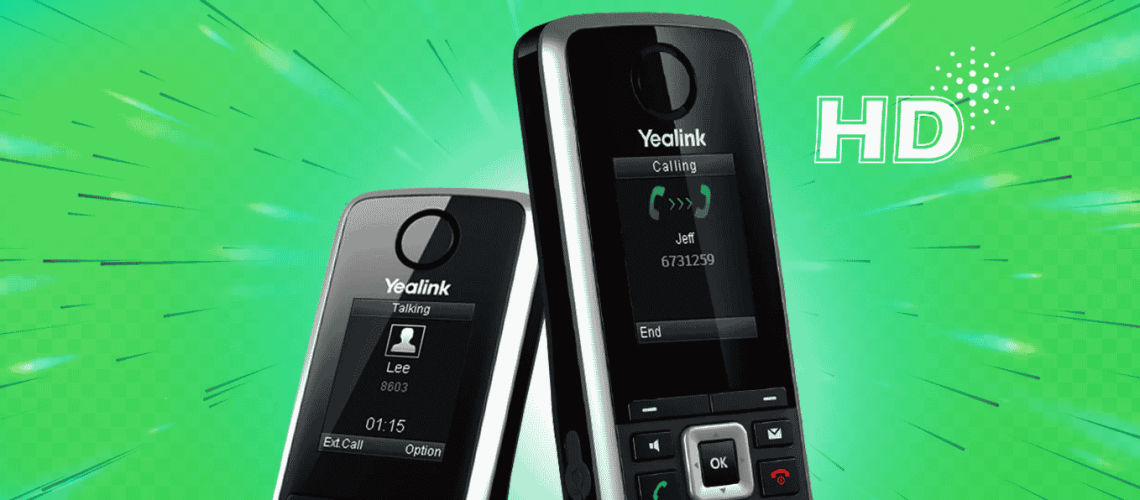Voice over Internet Protocol, commonly referred to as VoIP, is a technology that enables individuals and businesses to make voice calls using a broadband internet connection instead of a conventional analogue phone line. Since its inception, VoIP technology has revolutionised the communication industry, especially in the UK, where it is increasingly favoured over traditional analogue phone systems.
Understanding VoIP Phones
A VoIP phone, also known as an IP phone, uses VoIP technologies for making and receiving calls. VoIP phones convert standard telephone audio into a digital format that can be transmitted over the internet, and also convert incoming digital phone signals from the internet to standard telephone audio.
These phones can either be physical devices that look like traditional phones with standard touch-tone keypads or software-based softphones that run on computers or mobile devices. While hardware-based VoIP phones use Ethernet or Wi-Fi to connect to a VoIP service, softphones use a computer or a smartphone connected to the internet.
The Advantage of VoIP Over Traditional Analogue Phones
Several factors make VoIP phones in the UK and elsewhere superior to traditional analogue phones.
Cost Savings
VoIP services often come at a fraction of the cost of traditional phone services, making them particularly attractive to businesses and households alike. With VoIP, long-distance or international calls are typically less expensive than traditional phone services because the calls are transmitted over existing broadband networks, eliminating the need for conventional telephony infrastructure and the associated costs. This cost advantage is significant for UK businesses with overseas operations or customers.
Multifunctionality
VoIP phones offer more than just voice calls. They also allow for video calls, instant messaging, and file sharing, providing an all-in-one communication solution. This multifunctionality fosters collaboration, especially among remote teams.
Mobility and Flexibility
With VoIP, you can make and receive calls from anywhere as long as you have a broadband connection. This mobility is critical in today’s increasingly remote and flexible working environments. Traditional analogue phones, with their reliance on physical infrastructure, can’t match this flexibility.
Scalability
VoIP systems are easy to scale up or down as required, making them ideal for growing businesses. In contrast, scaling a traditional phone system usually involves purchasing additional hardware and potentially expensive infrastructure updates.
Integration with Other Systems
VoIP technology can be integrated with other business systems such as Customer Relationship Management (CRM) software, email systems, and other productivity tools. Such integration, which is typically not possible with traditional phone systems, can enhance efficiency and productivity.
Conclusion
In the UK, as in many other parts of the world, the shift towards digital technology is indisputable. The superiority of VoIP over traditional analogue phones lies in its cost-effectiveness, multifunctionality, mobility, scalability, and ability to integrate with other systems. VoIP technology is poised to become an even more integral part of how we communicate, reshaping the communication landscape for businesses and individuals alike.



